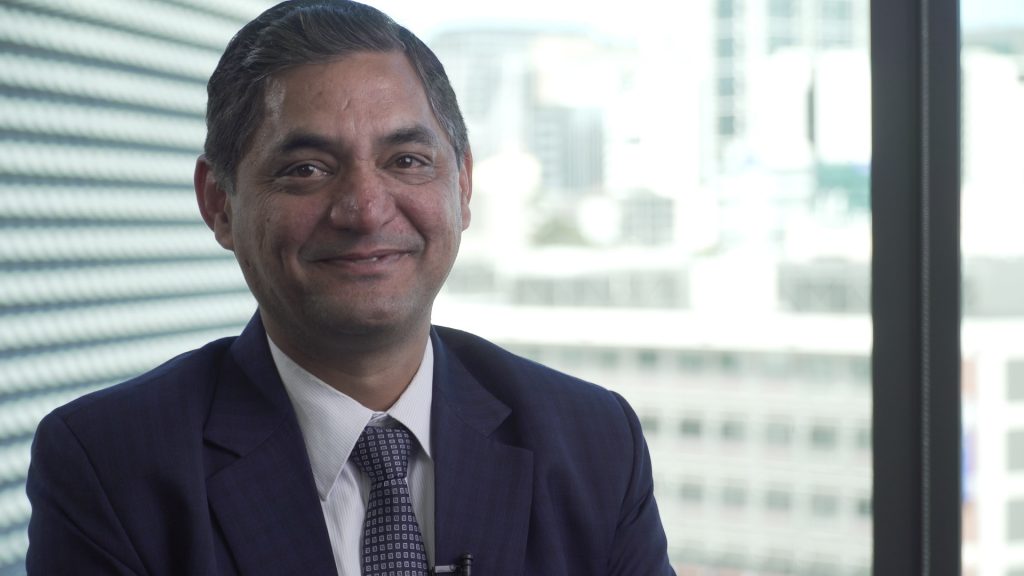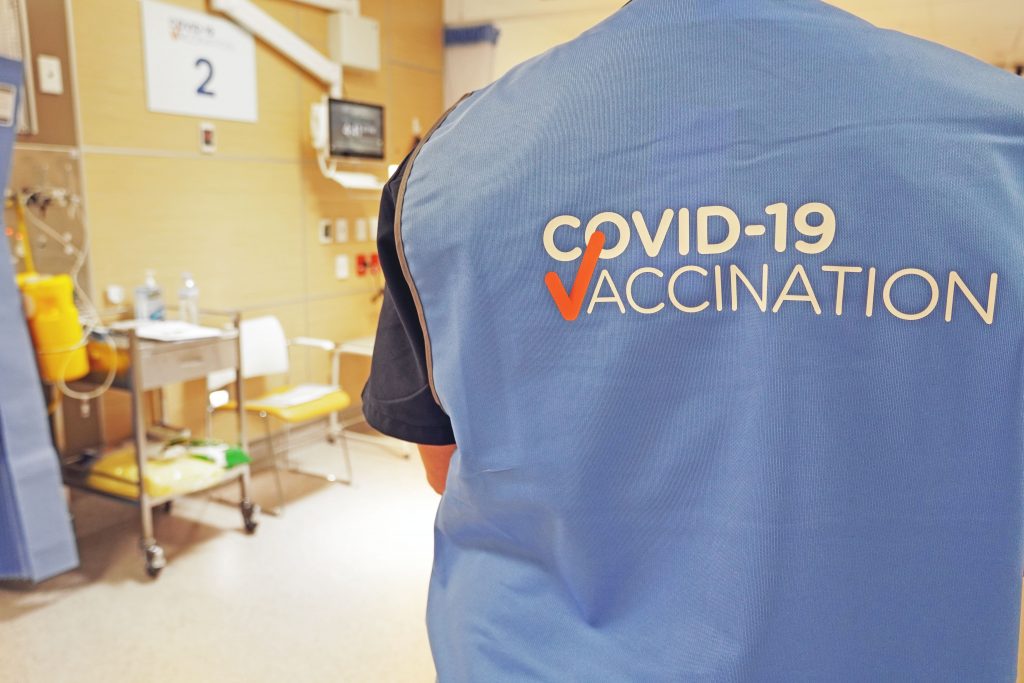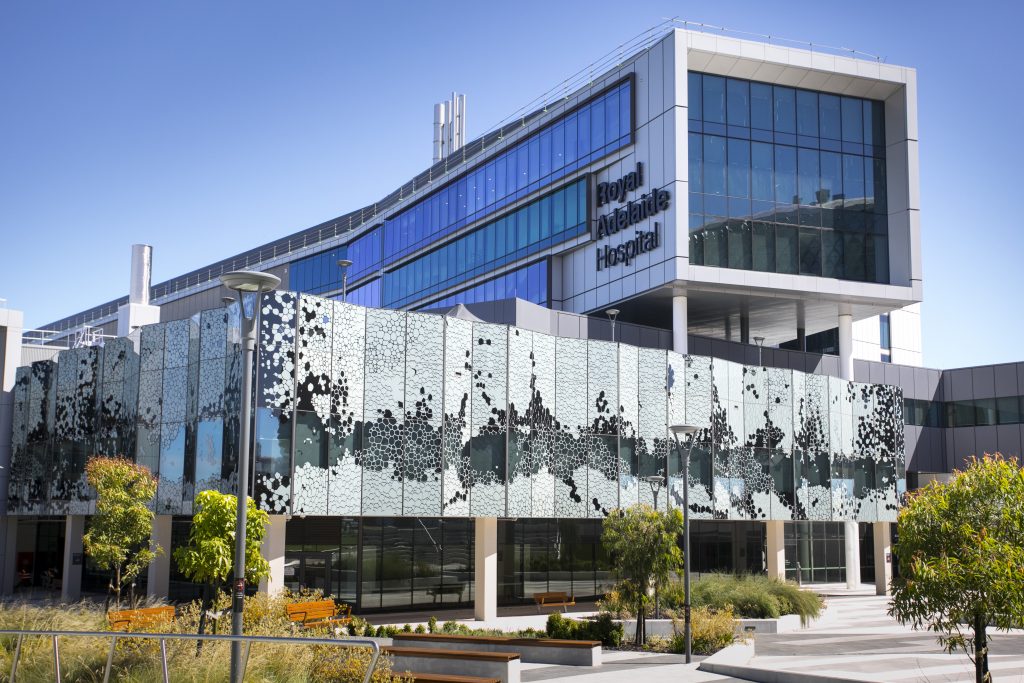A “next-generation” needle-free COVID-19 vaccine booster will begin human trials at the Royal Adelaide Hospital (RAH) this week.
Designed in South Australia by University of Adelaide researchers, the cutting-edge vaccine will be trialled at the RAH with SA Pathology and in partnership with PARC Clinical Services, with support by The Hospital Research Foundation Group.
It is one of the few vaccines worldwide targeting the Omicron variant, as Pfizer, AstraZenaca, Moderna and Novavax vaccines focus on the original strain of the virus, however it could be easily adapted to future variants.
DNA vaccines require simple engineering design modifications that can be made quickly to adapt to future variants, as opposed to MRNA-based vaccines, which are more complicated to make.
The vaccine will be administered using a needle-free device from American company Pharmajet. The device delivers a micro-jet spray of liquid, which goes under the skin and is painless.
Clinical trials to begin soon
To be eligible to participate in the clinical trial, you must be over 18, triple vaccinated for more than three months and not previously have had COVID-19.
Researchers are seeking at least 100 people to take part.

Associate Professor Pravin Hissaria, Clinical Immunologist and Immunopathologist at the Royal Adelaide Hospital’s Immunology Department, and the Principal Clinical Investigator of this trial, said the development of highly effective vaccines had been the most effective strategy in containing COVID-19.
“It is important that we continue to innovate and adapt to the evolving viral strains and deliver precise and effective vaccines,” Associate Professor Hissaria said.
CALHN’s vaccine clinic has been involved for 12 months with lead investigator Associate Professor Branka Grubor-Bauk, Head of Viral Immunology at the University of Adelaide’s Adelaide Medical School, providing clinical insights into the design of the clinical trial, he said.

Will we continue to need annual vaccines?
The trial also has the potential to answer whether a yearly COVID-19 vaccine will continue to be recommended for people.
“Phase one of the trial will test the vaccine’s safety, while phase two will be a larger study with the potential to answer if we need a strain-specific vaccine going into the future as new strains emerge and whether it will be an annual vaccine like the flu shot,” Associate Professor Hissaria said.
Associate Professor Grubor-Bauk urged volunteers to put their hand up for the trial.
“We need to continue developing ‘next generation’ COVID-19 vaccines because the virus will continue to mutate, particularly in countries with low vaccination rates and high rates of uncontrolled transmission,” she said.
“As we live with COVID-19, we still have vulnerable populations at risk of severe disease.”
Paul Flynn, CEO of The Hospital Research Foundation Group, which has been funding the team’s vaccine development for the past 10 years, said it was a credit to South Australia that this vaccine had advanced so quickly and with such efficient technology.



